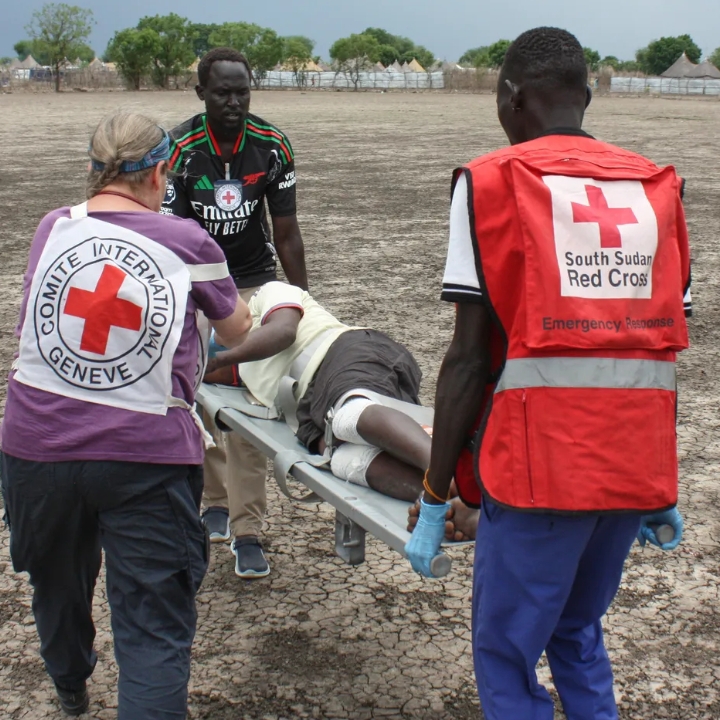Escalating intercommunal violence in South Sudan, driven by cattle rustling and revenge attacks, has killed hundreds since December, displaced many, and worsened political instability.
Hundreds Killed in South Sudan Cattle Raids and Revenge Attacks


Since December, South Sudan has witnessed a sharp escalation in deadly intercommunal violence, resulting in the deaths of hundreds of people, according to a statement released by the United Nations on Tuesday. The surge in bloodshed is largely tied to longstanding issues related to cattle rustling and revenge attacks, which continue to plague the fragile nation.
Fierce clashes over access to limited natural resources and the theft of livestock are persistent challenges in South Sudan, a country already grappling with the devastating impacts of extreme weather conditions, including severe droughts and flooding. These environmental stressors have exacerbated existing tensions in communities that rely heavily on cattle and land for their livelihoods.
In Tonj East, a region located in Warrap State in the northwestern part of the country, violence among cattle herders has intensified dramatically. According to the United Nations Mission in South Sudan (UNMISS), the area has become a hotspot for intercommunal fighting, resulting in widespread destruction. Homes have been burned to the ground, families have been displaced, and entire communities have been torn apart. The violence has not only taken a heavy toll on human life but has also left many survivors homeless and in urgent need of humanitarian assistance.
UNMISS highlighted that in the month of March alone, more than 200 people are estimated to have been killed during these clashes. This figure illustrates the severity of the situation and the speed at which the violence is escalating. The mission called attention to the growing humanitarian crisis and the urgent need for coordinated efforts to stop further bloodshed.
Guang Cong, the Deputy Special Representative of the UN Secretary-General for South Sudan, stressed the importance of national-level intervention. He stated that urgent and decisive action from the government is necessary to prevent the situation from deteriorating even further. He emphasized that authorities must work to bring together the warring communities and create space for peaceful dialogue to address the root causes of the conflict.
The cycle of violence is not confined to the northwestern region alone. In February, a particularly harrowing incident occurred in Eastern Equatoria State, located in the southern part of the country. According to local officials, an attack described as a “cold-blooded massacre” claimed the lives of 41 individuals, including women and children. The attack also left 65 people wounded, while many others remain unaccounted for. This incident underscores the vulnerability of civilians caught in the crossfire of these localized but intensely violent conflicts.
These repeated outbreaks of violence are compounding the broader crisis facing South Sudan. Since gaining independence from Sudan in 2011, the country has struggled with political instability, underdevelopment, and deep-rooted ethnic tensions. The fragile peace achieved through various agreements has often been undermined by ongoing clashes and power struggles.
Tensions between forces loyal to President Salva Kiir and those aligned with his long-time political rival, First Vice President Riek Machar, have contributed to prolonged instability and undermined national reconciliation efforts. In recent months, localized clashes involving supporters of both factions have further destabilized regions across the country, raising fears of a return to large-scale civil conflict.
As the situation continues to deteriorate, calls for intervention and support from the international community have intensified. Humanitarian organizations and peacekeeping forces stress the need for both immediate relief for affected populations and long-term strategies to promote stability, accountability, and reconciliation among South Sudan’s diverse communities.

 বাংলা
বাংলা  Spanish
Spanish  Arabic
Arabic  French
French  Chinese
Chinese 
